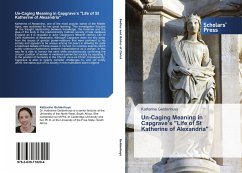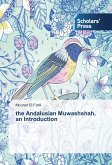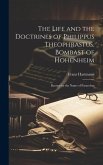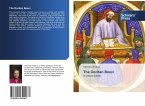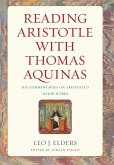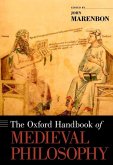Katherine of Alexandria, one of the most popular saints of the Middle Ages, was acclaimed for her great learning. This investigation focuses on the fraught relationship between knowledge, the feminine and the idea of the body in the predominantly Catholic society of late medieval England as it is revealed in John Capgrave s fifteenth century Life of Saint Katherine of Alexandria. Although Capgrave does not shy away from the issues of gender power-relations that were pertinent to his society and appears to be unique among his peers in allowing for quite a balanced debate of these issues in his text, he includes aspects which subtly undercut Katherine s strident independence as a woman. In this way he is able to honour the saint while simultaneously confirming the proper position of women in medieval patriarchal society by equating it to the position of humanity in the Church vis-à-vis Christ. Consequently, Capgrave is able to openly consider challenges to, and yet subtly affirm, the status quo of his society in this multivalent saint s legend.

